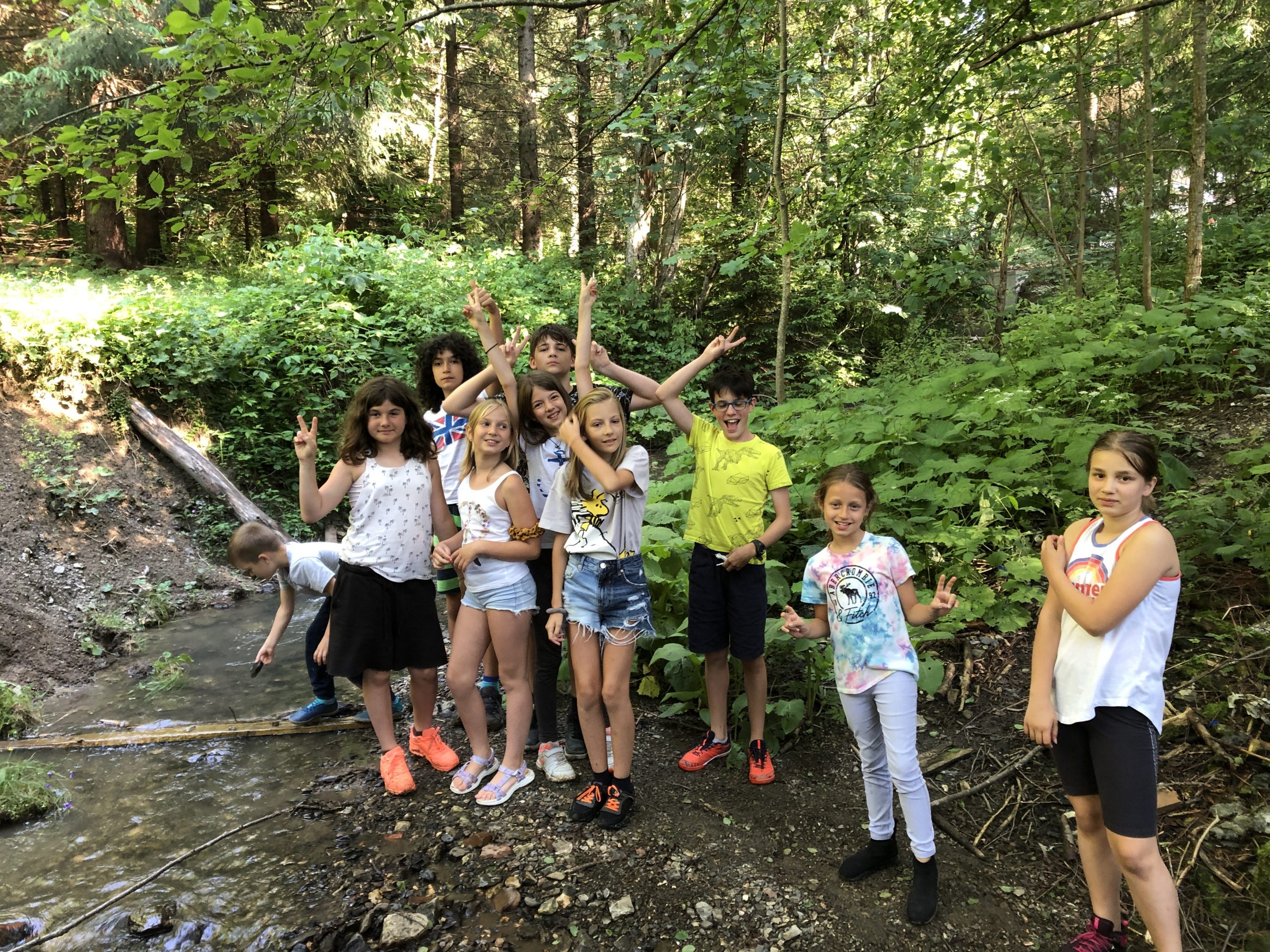
Why is it valuable to listen to what children have to say?
Our lives are constantly changing, juggling work, household chores, supporting children's development and the general activity of everyday life, along with a multitude of demands on our time and attention. Among all these, one of the most important and beautiful things we put on the "TO DO" list is family time. Both children and adults need to create meaningful bonds within the family, to feel safe, valued and loved. When we communicate effectively with each other and actively listen, we are more empathetic and attentive to each other's needs. Most of the time, children are faced with strong emotions that they don't know how to manage yet and situations they don't know how to respond to. It is essential to support them in this growth process and to listen to them, to understand what and how they think, what they feel and what they want in order to give them the appropriate support.
Active listening involves fully engaging in the conversation with the interlocutor, without losing focus, interrupting or judging. To articulate what they think, children need patience and time; it is valuable to give them space to piece together their own ideas without our subjective intervention. When children feel heard and understood, they are more likely to listen carefully and try to understand what parents, friends, teachers are trying to convey back to them. Researchers in the field of child psychology emphasize the fact that when children are listened to, a series of positive changes occur in their development.
When we listen to what children have to say, the connection between us and them becomes stronger
By listening to what children have to say, we show them that the information they convey is important, and this will strengthen the child's confidence in their loved ones, but also in their own strength. By patiently listening to them, actively engaging in the conversation and giving them enough time to express themselves at their own pace, we build a haven for them to express themselves and find their own voice, which is very important for their development.
Children manage to communicate better
When children feel that their opinions, thoughts and feelings are valued, they are more likely to continue to share them with those close to them, forming a healthy habit that they can keep and practice well into their teenage and adult lives. Through countless opportunities to share ideas, children will come to more easily find the words to describe what they feel, explain what they think or want.
Children indirectly develop their social skills
If parents, teachers, or other responsible adults provide examples of good communication practices, then surely children will pick them up and apply them in their current and future friendships. When we constantly communicate with little ones, we help them understand how the outside world works and indirectly support them to practice active listening and effective communication in their social relationships, we support them to learn how to better cooperate in social interactions, be good friends, accept different perspectives and communicate their ideas.
Children's self-esteem becomes stronger
By giving them our time and undivided attention, children feel valued. When children feel they are a priority, their self-esteem increases. Also, according to research, families that consistently spend time together without the distraction of cell phones and technology have children who are well-adjusted and less likely to experience feelings of anxiety throughout their lives.
It is important to put ourselves in the children's shoes, listen to their creative ideas and stories, remain flexible and build harmonious and healthy relationships with them. We strongly believe that listening is one of the most important steps in promoting healthy growth and development, which is necessary for success in the school environment and beyond, but also for the overall development of children.
*Article written by Veronica Dunga, KEN Academy trainer.
Tag:communication, BOYS
